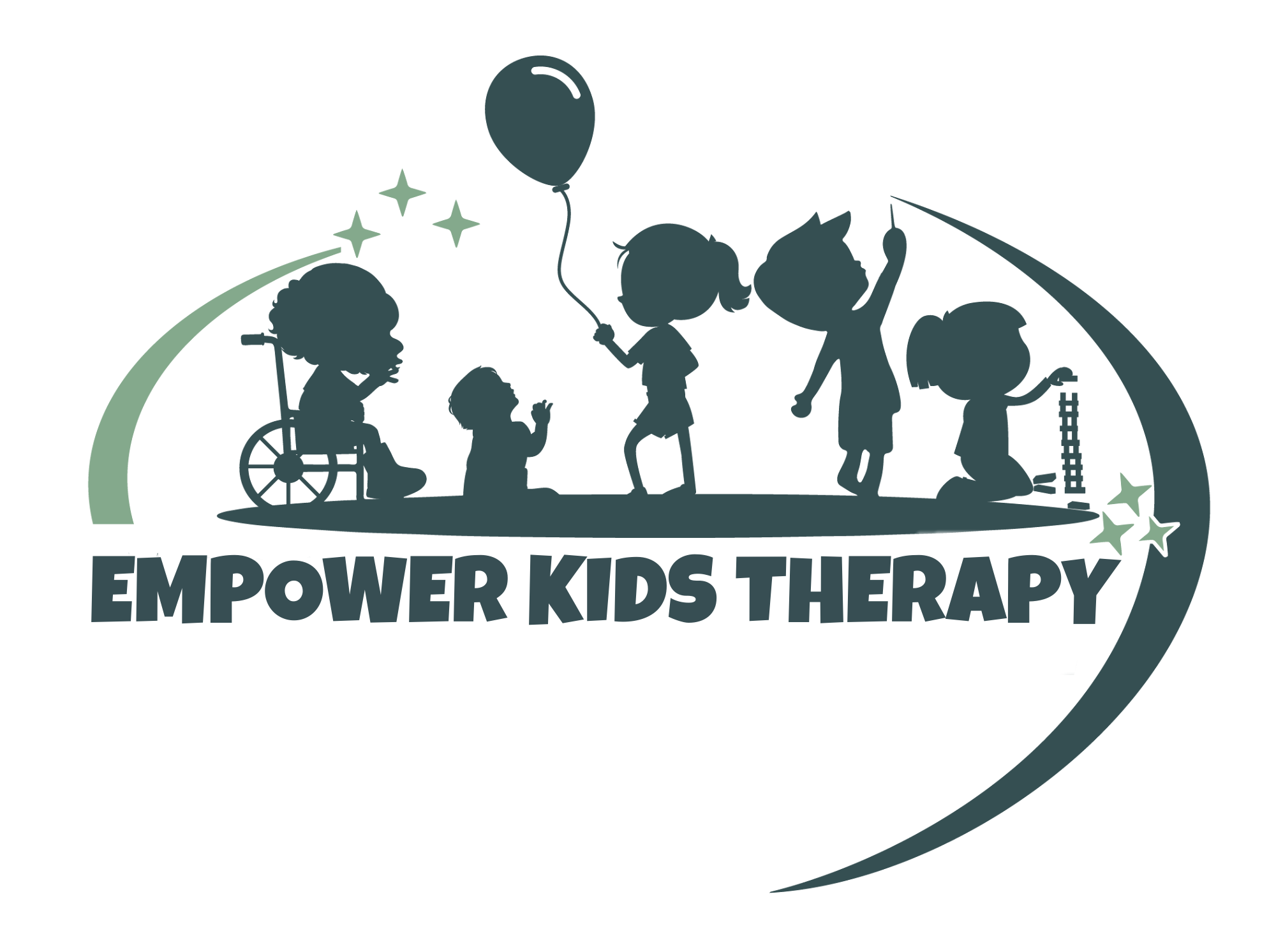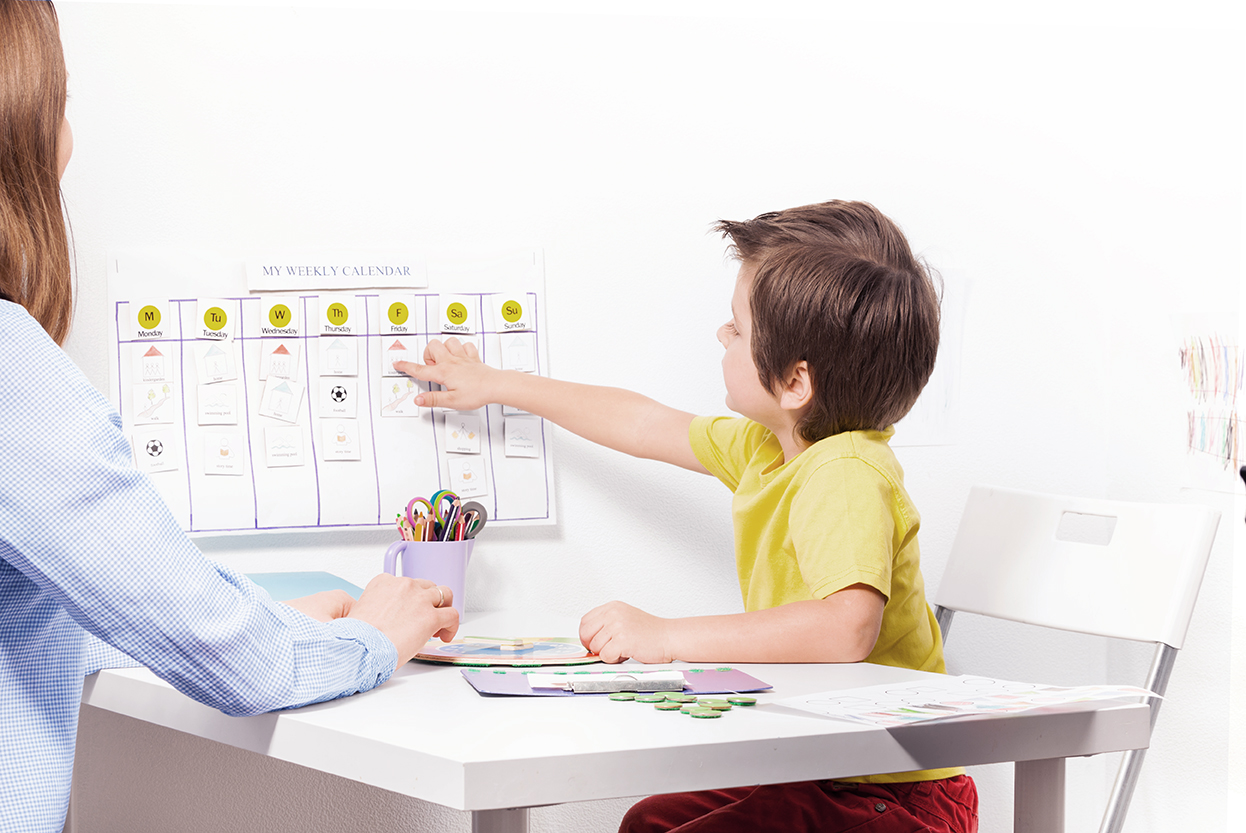Ever had your child meltdown in public and not know what to do? I’ve seen too many to count, especially living in Orlando and visiting Disney. The pediatric occupational therapist in me wants to always jump in and help. But how weird would you feel if a stranger came up to you and said “hey, let me help you calm your kid” as they’re kicking, and banging their fists on the ground.
So instead… I’m writing this blog.
Sensory meltdowns in children can be a difficult experience for both the child and you, their caregivers.
But lucky for you there are a couple tools that can help you manage these situations and decrease everyone’s stress. Knowing these strategies ahead of time can make all the difference when a meltdown is occurring. It’s like your emergency preparedness plan… just for your child.
One of the most important things to do when your child is experiencing a sensory meltdown is to remain calm.
This is called co-regulation.
Why is co-regulation important for regulating your child?
This is when we help a child to regulate through modeling while providing support.
It often gets confused with self-regulation but in reality co-regulation needs to happen first. The child needs to understand what regulation is, looks, and feels like. Think about a newborn understanding when they get picked up and rocked, their body feels calm.
After, self-regulation can happen! Because self-regulation is the child’s ability to regulate their bodies or arousal level to meet the demands of their environment or situation. It’s their ability to keep and maintain a calm energy. This they learn to do on their own.
Strategies for co-regulating with your child
Co-regulation may look different for each family, and also depending on the age of the child. It could consist of giving deep hugs, singing a song, taking a break together, blowing bubbles together, or practicing deep breathing. This is the starting point. Getting them to shift out of complete overwhelm and be available to engage.
Next, provide sensory input. What does this mean? There are many strategies that use sensory input for calming. Here are some simple suggestions to return to a calm state. Just remember that every child’s needs are unique, and therefore a strategy that has worked for one child might not work for the next.
Proprioceptive Strategies
You want to provide opportunities for heavy work. This could include animal walks, hugs, yoga practice, carrying heavy items, pushing or pulling heavy items.
Vestibular Strategies
Proving calm rocking or using a swing in a slow, linear manner.
Auditory Strategies
Listening to calming music, using headphones to drown out other sounds, or even using noise canceling headphones are great.
Tactile Strategies
You can perform simple massages. This type of input provides deep pressure and calming. Using lotion is also helpful, especially if your child can tolerate calming smells like lavender. Using vibrating tools can also help.
Oral Strategies
Strategies such as deep breathing, bubble blowing, and chewing gum or resistive food provides oral calming strategies.
Olfactory Strategies
Smells, if your child can tolerate it, can be calming when using essential oils.
Visual Strategies
Reading, or watching a LED calming light or lava lamp can redirection a child to calm.











